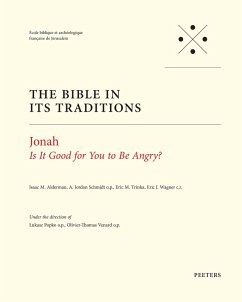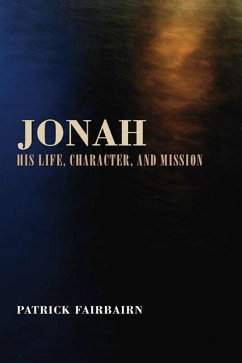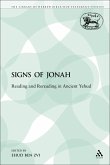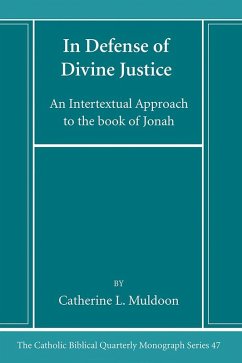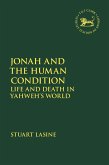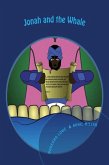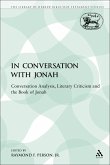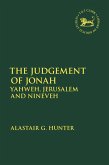The Book of Jonah cannot be reduced to traces of ink on ancient parchment. It is something more than a series of words in the language in which it was originally written, and still more than the presumed intentions of its human author. Like a piece of music, Jonah is also, or maybe first of all, something that exists when it is performed; i.e., when it is translated, recited aloud in liturgies, painted, sculptured, sung, acted out in fasting and life decisions of its readers.Throughout the centuries, the influence of Jonah has been felt in every corner of a wide variety of cultures. In the world of literature, for example, it made its way to the monumental Moby Dick as well as to the children's tale Pinocchio. Such influence is difficult to pin down, as though Jonah took on a life of its own. For this reason, this volume is not meant to define the ultimate meaning of Jonah, but rather it is an ordered collection of reports and snapshots documenting an ongoing phenomenon. Put another way, this volume is not an autopsy report, but a description of someone who is still very much alive. Therefore, the reader will find here various perspectives, questions, inspirations, and witnesses of those who have met Jonah. The general questions concerning the book as a whole (e.g., its structure, literary genre, etc.) are presented in the introduction. It is followed by the translation of Jonah, which notes the divergences between its major ancient versions (M, G, V, and S). Further, annotations of passages and lemmata are laid out in a manner that intends to imitate the medieval glossae, Biblia Rabbinica, or the printed Talmud. Because Bible in Its Traditions takes seriously the history of reception as an important bearer of meaning, we provide extensive citations from ancient, medieval, and contemporary sources. However, the importance of reception history does not mean that the original text or its context is overlooked. On the contrary, it is often the case that ancient translations or even visual arts point to some grammatical complexities of Hebrew which otherwise could have been easily dismissed as insignificant. The Book of Jonah tells an open-ended story, which is reflected above all in the fact that the last sentence is a question directed to Jonah. While Jonah began by questioning God's doings, in the end, it is God who questions Jonah. We hope that a similar process can be triggered in our readers who will grow in the difficult art of asking questions, beginning with Jonah and ending with oneself. The reader can further experience Jonah by consulting the website of our project (scribe.bibletraditions.org), where one can find the music and images referred to in this printed volume.
Dieser Download kann aus rechtlichen Gründen nur mit Rechnungsadresse in A, B, BG, CY, CZ, D, DK, EW, E, FIN, F, GR, HR, H, IRL, I, LT, L, LR, M, NL, PL, P, R, S, SLO, SK ausgeliefert werden.

